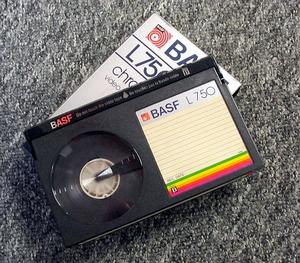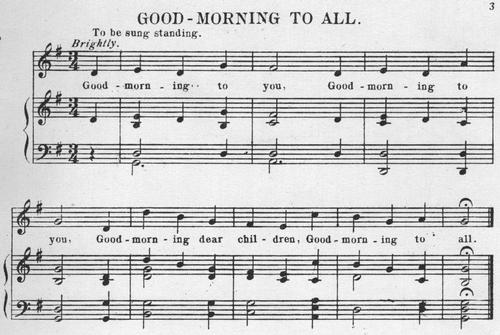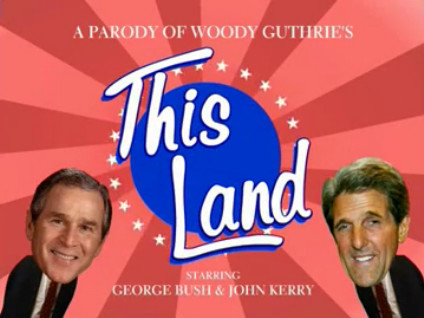"Intellectual Property"
Congress has the power to promote the Progress of Science and useful Arts, by securing for limited Times to Authors and Inventors the exclusive Right to their respective Writings and Discoveries.
U.S. Constitution, Article I, Section 8, Clause 8
- Copyrights
- Patents
- Trademarks
- Trade Secrets
Copyright History

- circa 1440 - Gutenberg printing press
- reduced cost & time of copying
- circa 1550 - Stationers' Company (England)
- gave publishers control of copying
- 1710 - Statute of Anne
- gave authors control of copying
- 1790 - first U.S. copyright law
- 1886 - Berne Convention
- 1976 - major revision of U.S. copyright law
- 1988 - U.S. joins Berne Convention
- 1998 - Sonny Bono Copyright Term Extension Act
- 1998 - DMCA
- present - SOPA/PIPA, ACTA, Trans Pacific Partnership
U.S. Copyright - 1790
| Covered: | books, maps, charts
|
| Duration: | 14 years + 14 year extension
|
| Formalities: | registration & notice required
|
| | copies of work deposited w/ government offices
|
| Exclusive rights: | copying & distribution
|
| Not covered: | music, newspapers, paintings/drawings, etc
|
U.S. Copyright - Present
| Covered: | "original works of authorship" (literary, dramatic, musical, artistic)
|
| | including: any text, music (scores, lyrics), pictorial works (maps,
drawings, paintings, prints, photographs), sound recordings,
motion pictures, sculpture, dance notation, architecture
|
| Duration: | life + 70 years
|
| | works for hire: 95 years (or 120 if unpublished, whichever is shorter)
|
| Formalities: | no registration or notice required
|
| | copyright exists immediately, upon "fixation" of work
|
| | registration required for infringement suit
|
| Exclusive rights: | - copying & distribution
- derivative works
- public performance
- public display
- sound recordings - digital audio transmission
- visual art - "moral rights" (attribution & integrity)
|
| Not covered: |
- works not fixed in tangible medium (dance performance,
improvised speech, etc)
- words/titles/names/short phrases
- "mere listings of ingredients or contents"
- ideas / procedures / methods
- facts / information containing no original authorship
(calendars, phone numbers, measurements)
|
Some Copyright Details
- originality
- a work must demonstrate "originality" to be copyrightable
no standard exists
generally requires "some minimal level of creativity"
Feist Publications, Inc. v. Rural Telephone Service Co (1991)
Bleistein v. Donaldson (1903) - "it would be a dangerous undertaking" for courts to decide what is worthy of copyright (fine art v. advertising)
- idea vs. expression
- ideas are not copyrightable
only a specific expression of an idea is copyrightable
patents are considered to cover ideas
- license
- grant of permission to use a work
can be restricted to a defined time, context, territory
can be exclusive or non-exclusive
does not transfer ownership
- assignment of copyright
- transfer of ownership of copyright
must be in writing
can transfer individual rights
- work for hire
- work made by an employee, "within the scope of his/her employment"
or, commissioned work, explicitly identified in writing as "made for hire"
employer/commissioner owns copyright
Fair Use
Allowed use of a work, which would otherwise be considered infringement
e.g. quoting a line of text in a review, satirizing a film
no firm definition of what is allowed
- general determining factors:
- purpose and character of use
- nature of copyrighted work
- importance of portion used in relation to whole work
- effect on market for copyrighted work
www.ccumc.org/copyright/ccguides.html - Fair Use Guidelines for Educational Multimedia
First Sale Doctrine
Purchaser is allowed to sell or give away legally acquired work
Without needing permission from copyright holder
Generally also includes renting
But not for phonorecords & some software
Computer software companies claim software is not sold, merely licensed ("EULA") & therefore First Sale doesn't apply
Obtaining a Copyright
Copyright exists as soon as work is "fixed" in a medium
Copyright notice & registration no longer mandatory, but help when suing
for violations
Registration forms: www.copyright.gov/eco/
- Complete form
- Pay $35 fee
- Send copy of material to be registered
Historic Cases
 Sony Corp. v. Universal City Studios (1984)
Sony Corp. v. Universal City Studios (1984)
Betamax Case
"I say to you that the VCR is to the American film producer and the American public as the Boston Strangler is to the woman home alone."
- Jack Valenti, 1982
Declared that devices with "significant non-infringing uses" are not illegal
Cases
"Happy Birthday To You"
"Good Morning to All" written circa 1893 - public domain

Sometime later, modified to "Happy Birthday to You"
Copyright registered in 1935
Warner Music currently claims ownership
Class action lawsuit by Good Morning to You Productions et al in progress
Cases
"This Land"

Parody version of Woody Guthrie's "This Land is Your Land"
Ludlow Music threatened to sue for copyright infringement
JibJab sued to confirm fair use right
Settled out of court
JibJab attorney's found 1945 publication that was not renewed
DMCA
OCILLA (Online Copyright Infringement Liability Limitation Act) has "safe harbor" provision for service provider websites such as YouTube & Wikipedia
- Viacom v. YouTube
- Viacom sued Google/YouTube for hosting thousands of clips infringing copyrights
- court ordered YouTube to turn over terabytes of data on what users watched
- 2013 ruling in favor of YouTube, based on DMCA safe harbor
- Lenz v. Universal Music
- Lenz posted home video of child dancing to copyrighted song
- Universal sent YouTube DMCA takedown notice
- Lenz sent counter-notice of fair use
- Lenz sued Universal for bad faith use of DMCA
- judge ruled that copyright holders must consider fair use
www.chillingeffects.org
Public Domain
Works that are not under copyright control
Anyone can freely copy, distribute, derive from, etc
Usually from expiration of copyright
Works published in the U.S. are public domain if:
- published prior to 1923
- published prior to 1978, without copyright notice
- published prior to 1963, and copyright was not renewed
- a product of the U.S. Federal Government
www.copyright.cornell.edu/training/Hirtle_Public_Domain.htm
Sharing / Free Culture

This document is by Dave Pape, and is released under a Creative Commons License.





